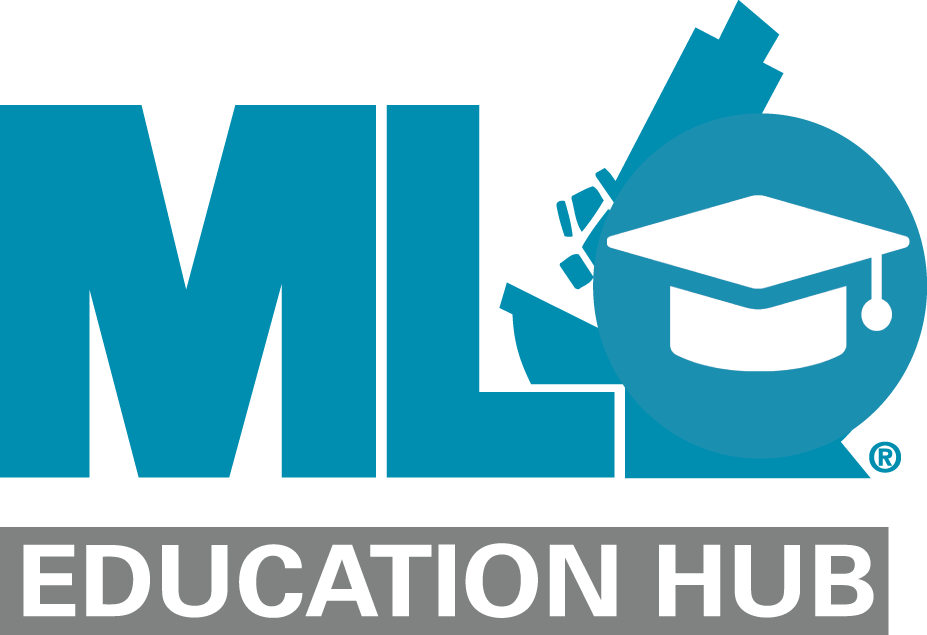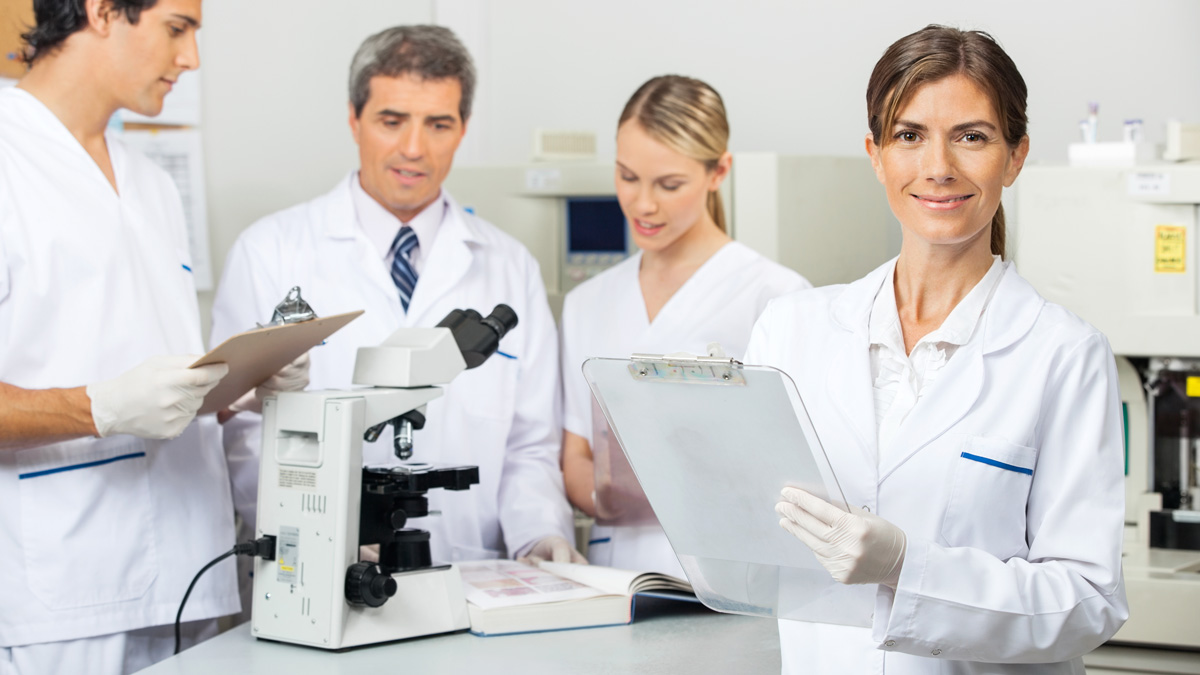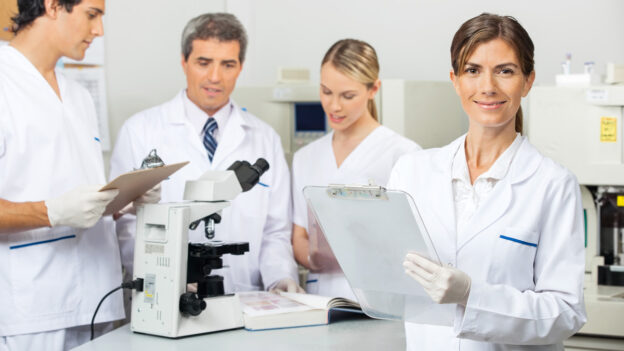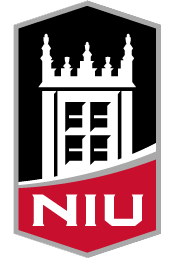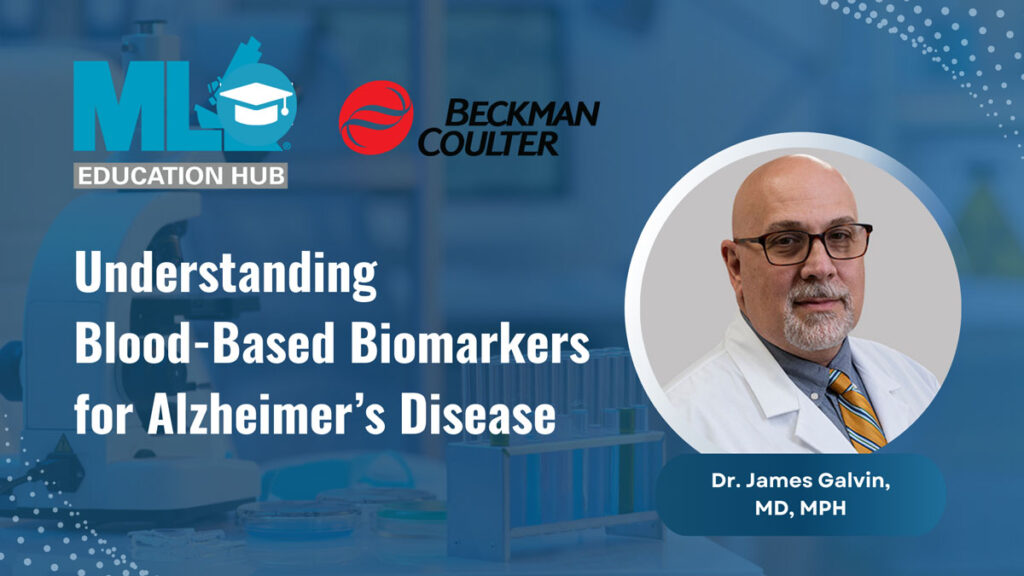By Jason P. Nagy, PhD, MLS (ASCP)CM,QLS
LEARNING OBJECTIVES
Upon completion of this article, the reader will be able to:
- Describe the correlation of laboratory accidents, errors, and mistakes.
- Discuss the importance of standard operating procedures that emphasize laboratory safety.
- Identify physical environment (PE) categories that should be considered in PE rounds.
- Describe how to incorporate laboratory safety into training and list effective management oversight tools to review safety indicators and assess staff safety competency.
About the Author
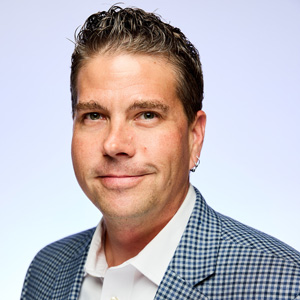
Jason P. Nagy, PhD, MLS (ASCP)CM,QLS is the Laboratory Safety Support Coordinator at Sentara Health, a multi-hospital system in Virginia and North Carolina. Jason brings almost 20 years of laboratory experience to the lab as a medical laboratory scientist (MLS) and more recently in laboratory safety and education roles.
Photo credit: 45294312 © Tyler Olson | Dreamstime.com
